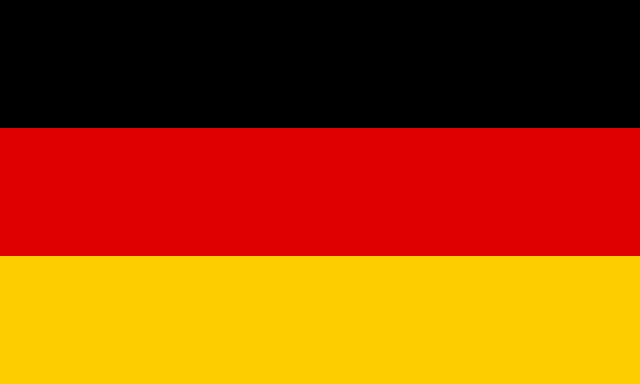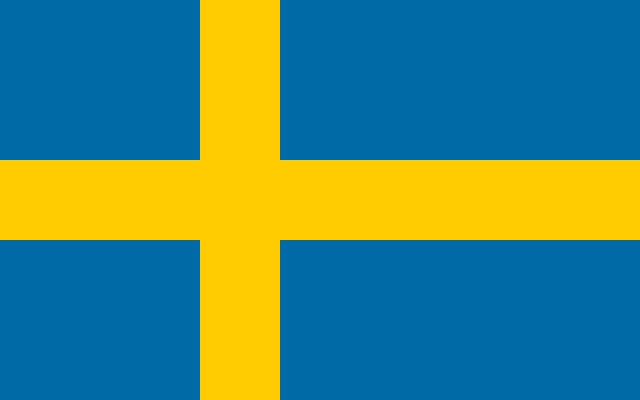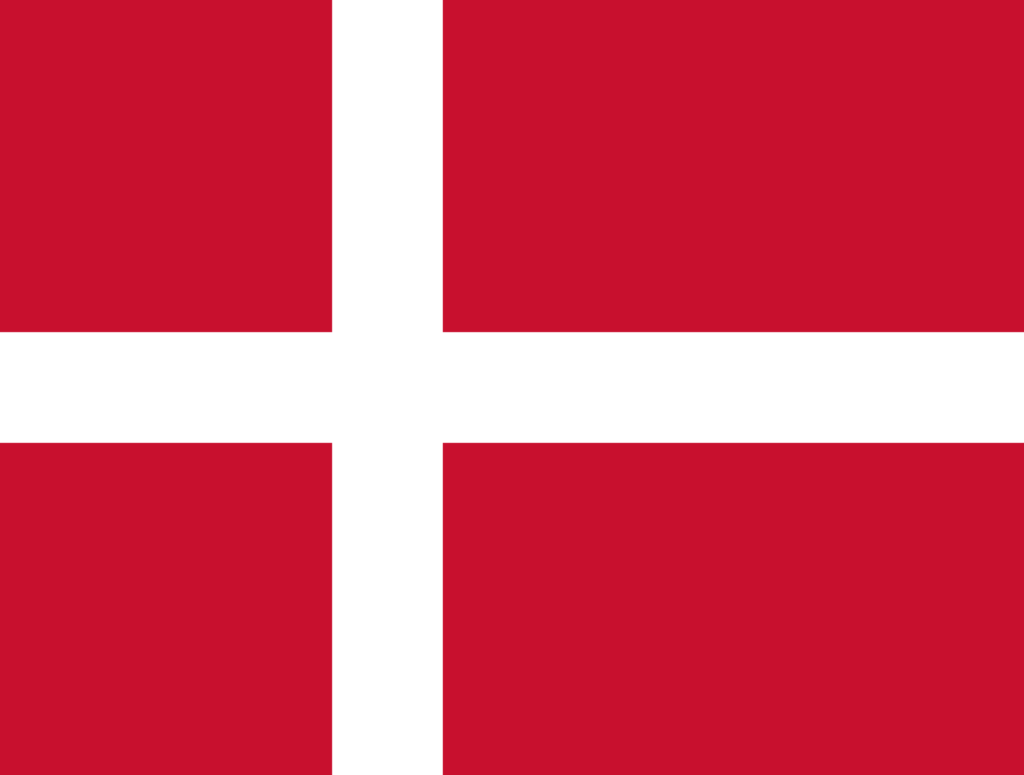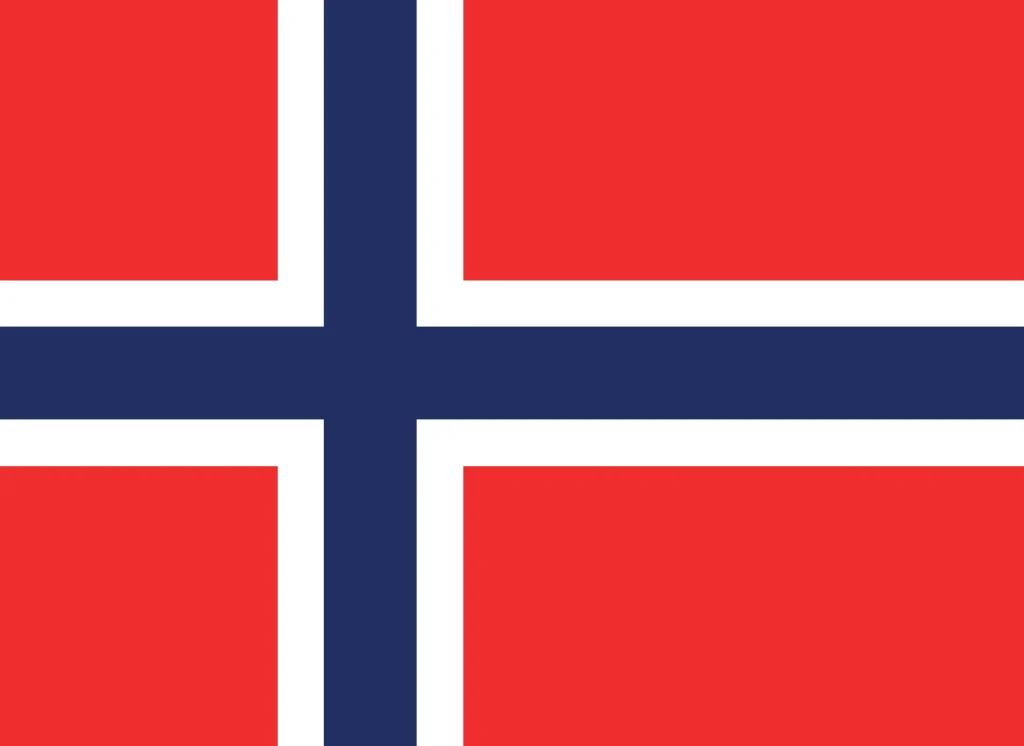Top 10 European countries with the best education system

Education plays a crucial role in shaping a nation’s future. It equips individuals with the knowledge, skills, and values necessary to succeed in life. In Europe, several countries have established themselves as leaders in providing high-quality education to their citizens. In this article, we will explore the top 10 European countries with the best education systems, highlighting their key strengths and achievements.
What is Education?
Education is a systematic process of acquiring knowledge, skills, values, and attitudes to develop individuals intellectually, socially, and emotionally. It is a lifelong journey that begins in early childhood and continues throughout one’s life. The primary purpose of education is to empower individuals with the tools they need to understand the world, contribute to society, and lead fulfilling lives.
Education takes place in various settings, including formal institutions such as schools, colleges, and universities, as well as informal settings like homes, communities, and workplaces. It encompasses a broad range of subjects and disciplines, including but not limited to mathematics, science, literature, history, arts, physical education, and social sciences.
Key components of education include:
- Knowledge Acquisition: Education involves the acquisition of facts, concepts, and theories in various fields. It aims to provide individuals with a foundational understanding of the world around them.
- Skill Development: In addition to knowledge, education focuses on developing practical skills that are applicable in real-life situations. These skills may include critical thinking, problem-solving, communication, and collaboration.
- Character Formation: Education plays a crucial role in shaping individuals’ character and values. It instils ethical principles, social responsibility, and a sense of civic duty.
- Personal Growth: Education contributes to personal growth by fostering self-awareness, emotional intelligence, and a sense of purpose. It helps individuals discover and nurture their talents and interests.
- Socialization: Through formal and informal education, individuals learn to interact with others, understand diverse perspectives, and participate in social and cultural activities.
- Preparation for the Future: Education equips individuals with the skills and knowledge needed to adapt to changes, pursue further studies, and enter the workforce. It prepares them for the challenges and opportunities of the future.
The methods and approaches to education vary across cultures, societies, and time periods. Formal education typically follows a structured curriculum, while informal education may involve experiential learning and self-directed exploration. The goals of education include fostering intellectual curiosity, promoting critical thinking, and enabling individuals to contribute positively to society.
What is an Education system?
An education system is a complex and multifaceted concept, but at its core, it refers to the organized structure of institutions and processes involved in educating a population. This includes:
Formal institutions: These are the schools, colleges, and universities that provide structured learning experiences at various levels, typically starting with pre-primary or kindergarten and progressing through primary, secondary, and higher education.
Informal institutions: These include families, communities, and various organizations that contribute to learning through everyday experiences and interactions.
Curriculum and pedagogy: This refers to the content and methods used to teach different subjects and skills. Curriculums set the learning goals and outline what topics are covered at each level, while pedagogy encompasses the teaching approaches used to deliver knowledge and facilitate understanding.
Governance and administration: This involves the policies, regulations, and funding mechanisms that oversee the education system. It includes government agencies, educational boards, and school administrators who manage the system’s operation.
Human resources: Educators, including teachers, instructors, and professors, play a crucial role in delivering the curriculum and guiding the learning process.
Resources and infrastructure: This encompasses the physical facilities, textbooks, technology, and other materials needed to support teaching and learning.
Accessibility and equity: A well-functioning education system strives to provide access to quality education for all members of society, regardless of their background, abilities, or socioeconomic status.
It’s important to remember that education systems vary widely across countries and contexts. They are shaped by history, culture, political ideologies, and socioeconomic conditions. Some key factors that differentiate education systems include:
- Centralization vs. decentralization: The degree to which educational decision-making is concentrated at the national level or delegated to local authorities.
- Public vs. private provision: The role of public and private institutions in offering educational opportunities.
- Standardized testing vs. alternative assessment: The methods used to measure student learning and school performance.
- Emphasis on academic vs. vocational training: The balance between traditional academic subjects and practical skills development.
Understanding the complexities of education systems is crucial for ongoing debates about educational reform, improving learning outcomes, and ensuring equitable access to quality education for all.
Top 10 European countries with the best education system
Now, let us take a look at the top 10 European countries with the best education system. Note that this is our personal opinion based on several considered factors. We will be more than happy to hear you share your thoughts on this.
1. United Kingdom

The United Kingdom is renowned for its prestigious universities and rich educational heritage. With a long history of academic excellence, the UK offers a wide range of educational opportunities for students from around the world. The country’s education system is known for its rigorous standards and emphasis on critical thinking and independent learning. The UK is home to institutions like the University of Oxford, the University of Cambridge, and Imperial College London, which consistently rank among the top universities globally. Its commitment to high-quality teaching and academic research makes it a top destination for students seeking a world-class education.
2. Germany

Germany is celebrated for its commitment to education and research. The country’s universities are known for their strong emphasis on practical learning and close ties to industry. German universities offer a wide range of programs in various fields, including engineering, medicine, and business.
Moreover, the country’s tuition-free education system makes it an attractive destination for students seeking affordable education without compromising on quality. Institutions like the Technical University of Munich, Heidelberg University, and RWTH Aachen University are among the top-ranked universities globally, showcasing Germany’s dedication to academic excellence.
3. Switzerland

Switzerland is synonymous with precision, quality, and innovation, and its education system reflects these values. The country’s universities are renowned for their cutting-edge research and practical approach to learning. Switzerland’s emphasis on vocational training and apprenticeships ensures that students are well-prepared for the workforce.
The country offers a diverse range of programs, including hospitality management, engineering, and finance. Institutions such as ETH Zurich, the University of Zurich, and EPFL consistently rank among the best in the world, showcasing Switzerland’s commitment to providing an exceptional education.
4. Netherlands

With its progressive and inclusive education system, the Netherlands has established itself as a leader in higher education. The country’s universities are known for their innovative teaching methods and strong focus on research. The Netherlands offers a wide range of programs taught in English, making it an attractive destination for international students. Institutions like Delft University of Technology, University of Amsterdam, and Leiden University consistently rank among the top universities globally. The country’s emphasis on interdisciplinary learning and collaboration fosters a stimulating academic environment.
5. Sweden

Sweden is renowned for its commitment to equality and innovation in education. The country’s universities offer a wide range of programs, including social sciences, engineering, and natural sciences. Sweden’s education system promotes critical thinking, creativity, and independent learning, preparing students for a rapidly changing world.
Institutions like Lund University, Uppsala University, and Stockholm University are known for their high-quality education and research. Sweden’s focus on sustainability and technology integration further enhances its reputation as a leader in education.
6. Denmark

Denmark is recognized for its high-quality education system and emphasis on creativity and critical thinking. The country’s universities offer a wide range of programs, including design, business, and engineering. Denmark’s education system promotes active learning, encouraging students to actively participate in their education. Institutions like the University of Copenhagen, Technical University of Denmark, and Aarhus University consistently rank among the top universities globally. Denmark’s focus on innovation and entrepreneurship fosters a dynamic learning environment.
7. Finland

Finland is known for its world-class education system and commitment to equality. The country’s education system focuses on providing equal opportunities for all students and emphasizes holistic development. Finland’s schools prioritize creativity, critical thinking, and problem-solving skills.
The country’s universities, including the University of Helsinki, Aalto University, and the University of Turku, are known for their high-quality education and research. Finland’s success in education can be attributed to its highly qualified teachers, student-centred approach, and emphasis on well-being.
8. Norway

Norway’s education system is renowned for its inclusivity, high-quality education, and emphasis on sustainability. The country’s universities offer a wide range of programs, including renewable energy, marine sciences, and social sciences. Norway’s education system promotes active learning and critical thinking, encouraging students to explore their interests and develop problem-solving skills.
Institutions like the University of Oslo, the Norwegian University of Science and Technology, and the University of Bergen consistently rank among the top universities globally. Norway’s commitment to sustainability and environmental stewardship sets it apart in the field of education.
9. Belgium

Belgium’s education system is known for its diversity and multiculturalism. The country has a unique educational structure, with separate systems for the Flemish and French-speaking communities. Belgium’s universities offer a wide range of programs, including humanities, sciences, and engineering.
Institutions like KU Leuven, Ghent University, and Université catholique de Louvain consistently rank among the top universities globally. Belgium’s emphasis on multilingualism and international collaboration provides students with a rich and diverse learning experience.
10. France

France is renowned for its rich cultural heritage and academic excellence. The country’s universities offer a wide range of programs, including arts, humanities, and sciences. France’s education system promotes critical thinking, creativity, and innovation. Institutions like Sorbonne University, École Normale Supérieure, and Sciences Po consistently rank among the top universities globally. France’s commitment to research and its vibrant cultural scene make it an attractive destination for students seeking a well-rounded education.
Conclusion
These top 10 European countries with the best education systems have established themselves as leaders in providing high-quality education to their citizens and international students. Each country offers unique strengths and opportunities for students to thrive academically and personally. Whether it’s the historical prestige of the UK, the practical focus of Germany, or the innovative spirit of Switzerland, these countries are paving the way for the future of education in Europe and beyond.





